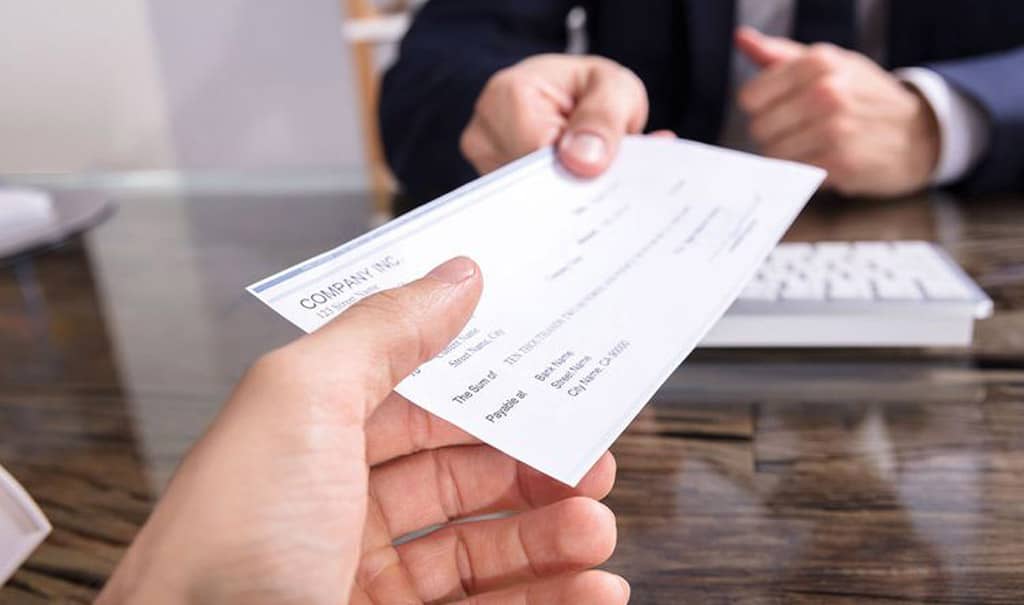His Highness Sheikh Khalifa bin Zayed Al Nahyan issued a federal decree law on September 27, 2020 amending some clauses of the federal law that governs the issue of checks and bounced checks – Federal Law No. (18) of 1993 concerning the Commercial Transaction Law.
What are the changes to the laws governing bounced checks and how will they affect the payer and the payee of a dishonoured check? Read on to learn more.
Partial payment of cheques
The option for partial payments of checks has been one of the largest amendments announced. After the new amendments are implemented, banks will have to honour partial amounts of cheques as well, rather than bounce checks if the complete amount to honour the cheque is not available in the account of the checks writer.
This is mentioned in Article 617 of the law, which states: “Where the fund for payment is less than the value of the cheque, the drawee shall partially pay the value of the cheque up to the available fund unless the bearer rejects partial payment. In the case of partial payment, upon each partial payment, the drawee shall initial the back of the cheque confirming the partial payment and give back the original of the cheque to the bearer along with a certificate to that effect.”
Drawee can refer to any person or entity that pays the money to the cheque holder, such as a bank or any other financial institution. The bearer of the cheque is the person to whom the payment is due.
Stricter penalties for writing bounced cheques
A fundamental change to the laws is the punishment for those issuing bounced checks, according to Abeer Sharif, a lawyer with Dubai’s Prestige Advocates and Legal Consultants.
Additionally, convicted individuals may also have their professional or commercial activities suspended for up to six months. If the cheque was issued on behalf of a corporate entity, the offender may be forced to declare bankruptcy if they repeat the offense.
Unlike the original law, this law does not impose a financial penalty, which ranged from Dh2,000 to Dh10,000 depending on the amount on the cheque.
A bounced cheque is considered an ‘executive deed’
Article 635 of the amendment specifies one of the most significant changes to how bounced cheques will be processed.
“A cheque, which bears the drawee’s stamp as non-paid for unavailable or insufficient fund, shall constitute an executive instrument as per the Executive Regulation of the Federal Law No. (11) of 1992 and its bearer shall have the right to demand the coercive enforcement, wholly or partially,” according to the Article.
When will the changes be implemented?
On January 2, 2022, the amendments mentioned in the Federal Decree Law No. (14) of 2020 will take effect.
